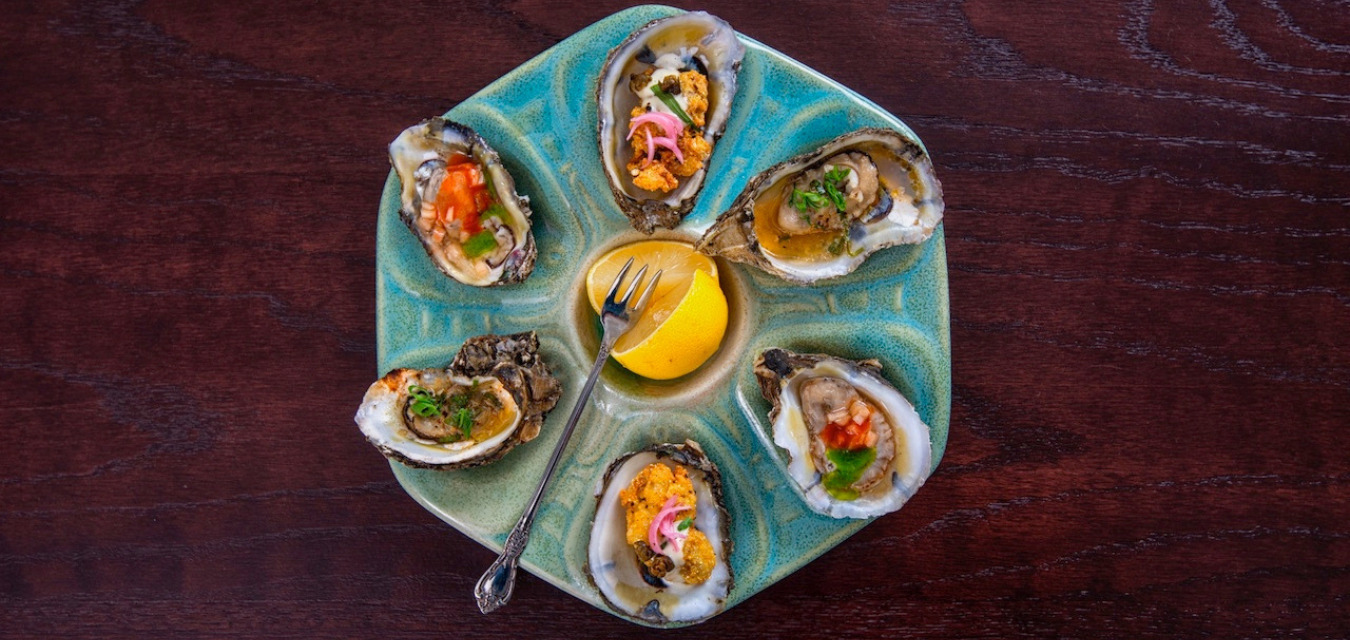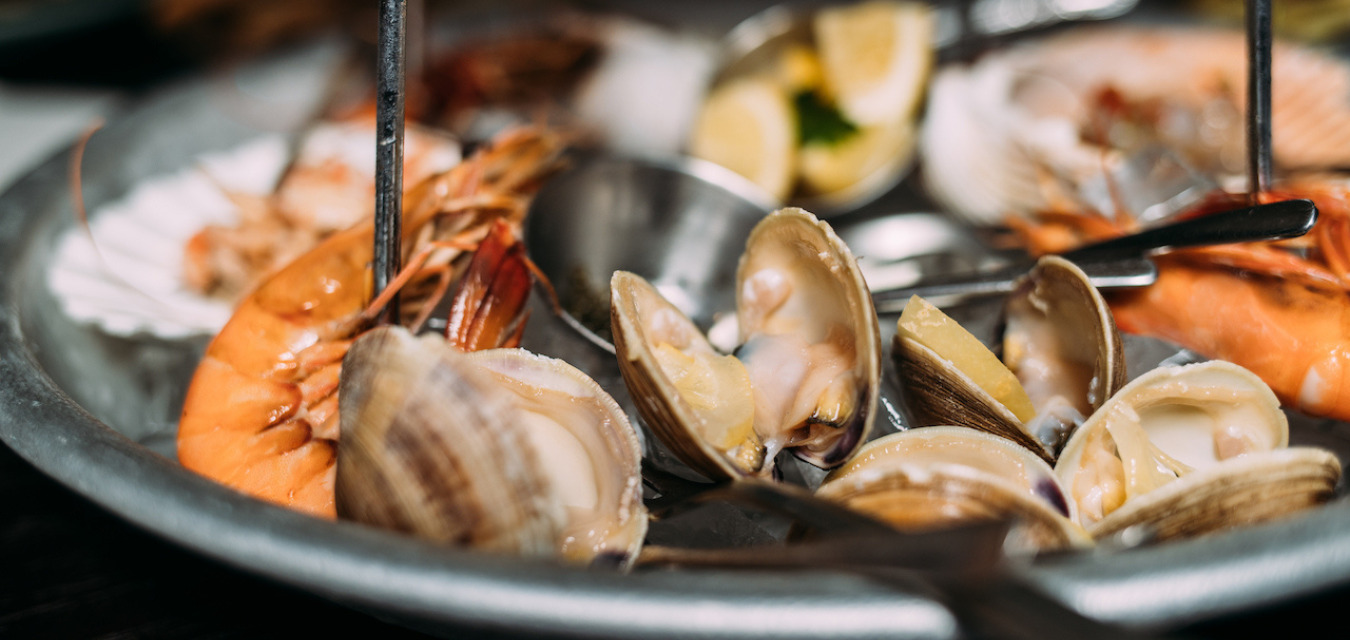How two Mississippi restauranteurs’ involvement with nonprofit organizations is serving the greater good
Mississippians are known for their love of good food and also their charitable nature. Sometimes those worlds come together, as is the case with two of Mississippi’s favorite restaurateurs who are using their expertise to make a positive change in the world.
Robert St. John often describes himself as a “world-class eater,” but that description only hints at his accomplishments in the culinary world. St. John, in his 40 years in the restaurant business, has built up a portfolio of seven unique restaurants and bars in Mississippi. He is the author of 11 culinary-themed books and, for more than 20 years, a weekly syndicated newspaper column.
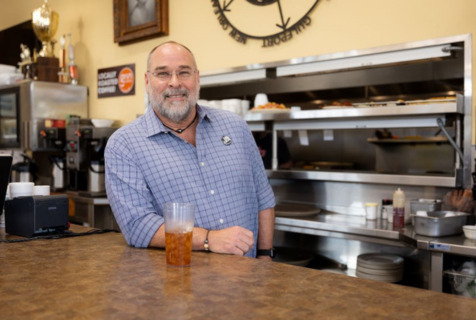
While St. John has been involved in many civic organizations and charitable events over the years, he never expected to start up his own nonprofit. That changed in 2009 when he received a desperate call from a local food pantry that had exhausted its supplies. Drawing on his experience in the restaurant business, St. John called up his food distributor, Sysco, placed an order, and had it delivered via truck to the pantry the next day. Soon after, that idea was formalized into a process for delivering fresh, nutritious food to additional food pantries—and, ultimately, a nonprofit called Extra Table was born.
The Covid-19 pandemic presented challenges, including rising rates of food insecurity, increased food costs, and supply chain disruptions, but also opportunities for expanding Extra Table’s reach and capabilities. In 2020, St. John’s nonprofit added a second food industry partner, Chow Purchasing, to handle all purchasing and logistics and also manage a warehouse that was provided, for free.
Currently, 62 nonprofit partners are supported across Mississippi. Unlike other food relief organizations that collect surplus and unwanted food, Extra Table uses donated funds to purchase and distribute nutritious, shelf-stable foods using existing networks of food-service suppliers. It’s an efficient process that allows them to deliver on St. John’s promise to use 100 percent of funds donated to Extra Table to fight hunger in Mississippi.
Robert St. John’s New South Restaurant Group operates six restaurants and bars in Hattiesburg: Crescent City Grill, Tabella, The Midtowner, Ed’s Burger Joint, El Rayo Tex-Mex, and the Mahogany Bar. His newest restaurant is Enzo Osteria, in Ridgeland.
Saving Shells for More Sustainable Oyster Reefs
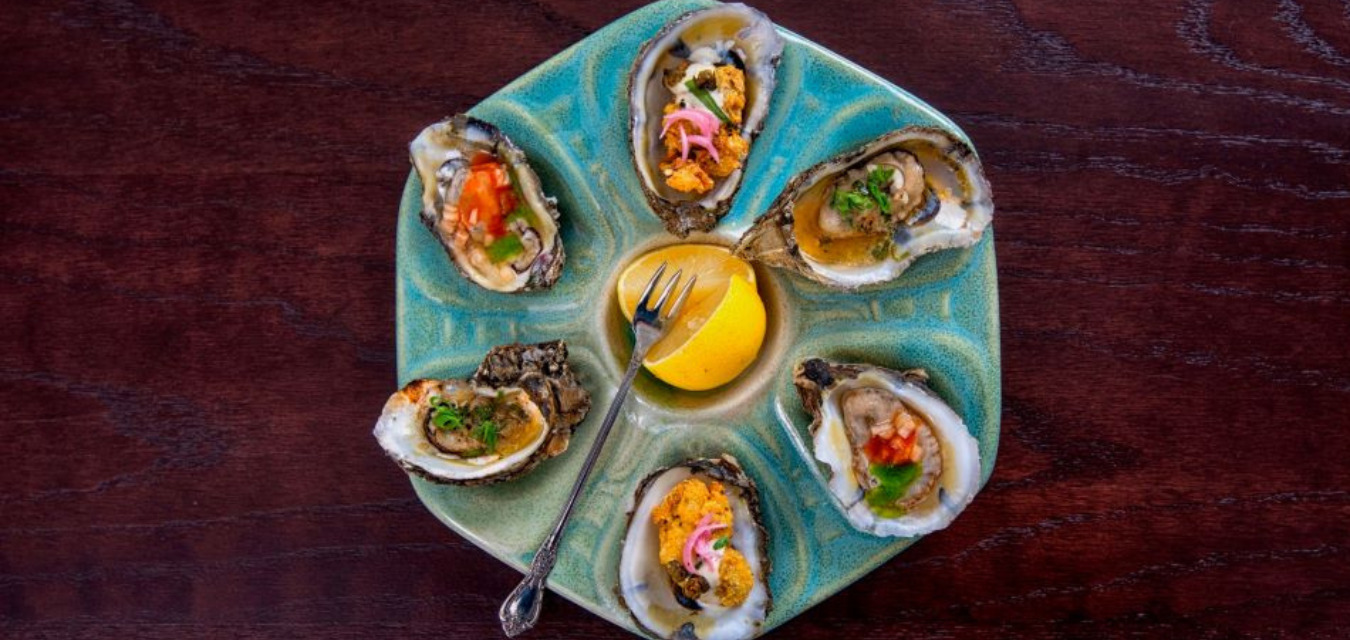
Coastal Mississippi has a long and storied history tied to the seafood industry. In fact, in the early 1900s, Biloxi was known as the “Seafood Capital of the World” due to the coastal city’s robust fishing industry and cannery operations.
Mississippi waters support a wide variety of popular finfish and shellfish. However, aquatic ecosystems can be quite delicate and, increasingly, require careful management to promote sustainability. In Mississippi, this fact came into sharp focus with the 2005 landfall of Hurricane Katrina and, then in 2010, the BP oil spill. The twin disasters depleted seafood stocks and, for many years, virtually wiped out the state’s commercial fishing industry.
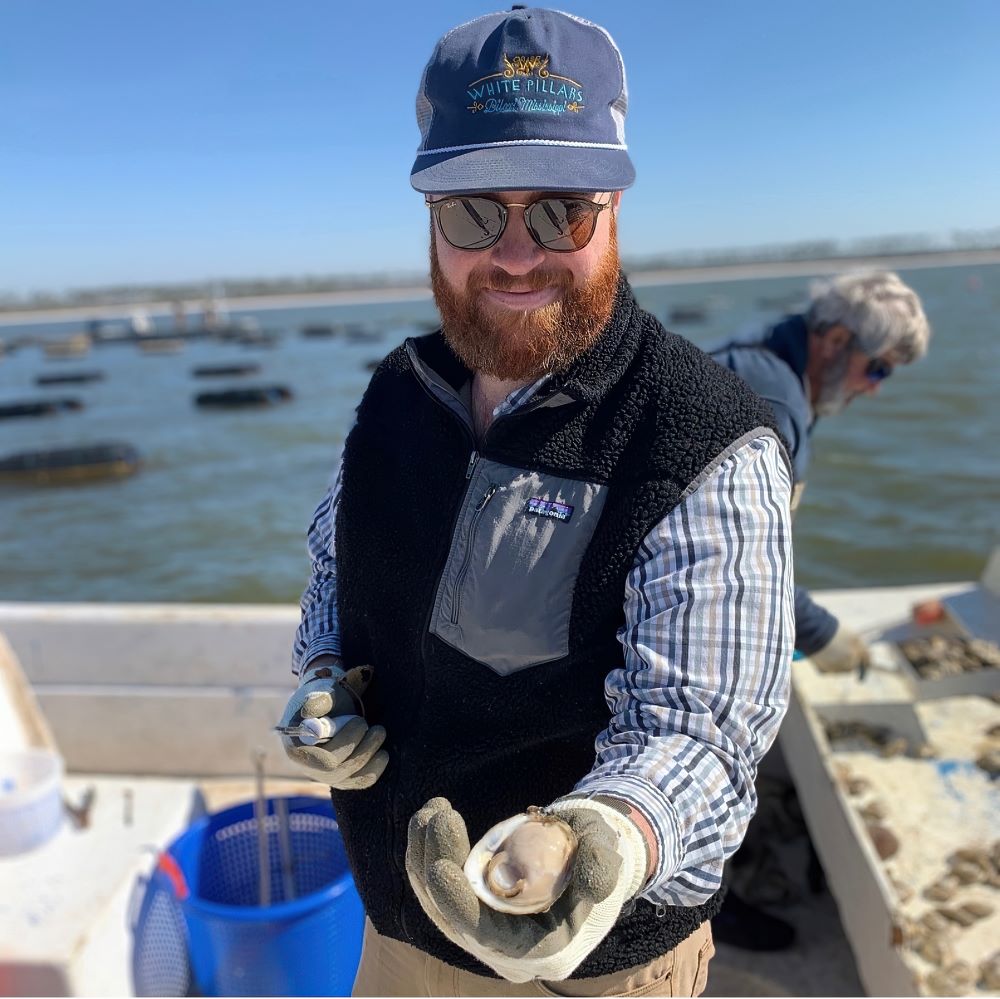
Thanks to extensive cleanup and recovery efforts, locally harvested seafood is back on the menu at Mississippi’s coastal restaurants. Unfortunately, Mississippi’s once-famous wild oyster beds have not yet recovered, but there is new hope on the horizon.
In early 2023, the Nature Conservancy laid the groundwork for a new federally funded nonprofit program called “Save Our Shells” (SOS). In partnership with Mississippi’s coastal restaurants, oyster shells are collected and delivered to the Mississippi Department of Marine Resources to be processed, cured, and deposited into Mississippi’s coastal waters. The recycled shells provide a favorable environment for free-swimming oyster larvae to anchor and develop their shells, growing into mature oysters. Without a suitable substrate material, the larvae cannot survive.
Austin Sumrall, of Biloxi’s White Pillars restaurant, has been involved in the SOS nonprofit program since its earliest days, participating in educational panel discussions, serving on the program’s advisory board, and working with other partners to develop a pipeline for recycling oysters in Mississippi.
Since opening in 2018, White Pillars has quickly become one of coastal Mississippi’s favorite fine-dining establishments. Known of giving back and for the fact that the farm-to-table restaurant’s menu changes on a daily basis, emphasizing locally sourced, seasonal foods and ingredients. White Pillars’ popular oyster dishes feature Mississippi farm-raised oysters. And Sumrall is dedicated to the conservation of these important mollusks.
As the owner of a popular coastal restaurant, Sumrall understands and appreciates the importance of wild oysters, not just from a culinary perspective, but for environmental reasons, as well. With the Save Our Shells program, he’s looking forward to the eventual return of Mississippi’s wild oyster reefs—and a more sustainable (and delicious) future.
Keep Reading
Partnered
Chapel Hart’s Top Mississippi Eats
The Chapel Hart members share their guide to Mississippi eateries, dives, and hidden gems (plus what to order) around their home state.
Partnered
Delightful Dining in the Mississippi Gulf Coast
The Mississippi Gulf Coast is the ideal place to uncover authentic, coastal cuisine and unique experiences that will entice the senses.
share
trending content
-
New Restaurants in Arkansas
-
Shrimp and Grits: A History
by Erin Byers Murray -
Tea Cakes, A Brief History
by TLP Editors -
Gullah Geechee Home Cooking
by Erin Byers Murray -
A Cajun Christmas Menu
by TLP Editors





